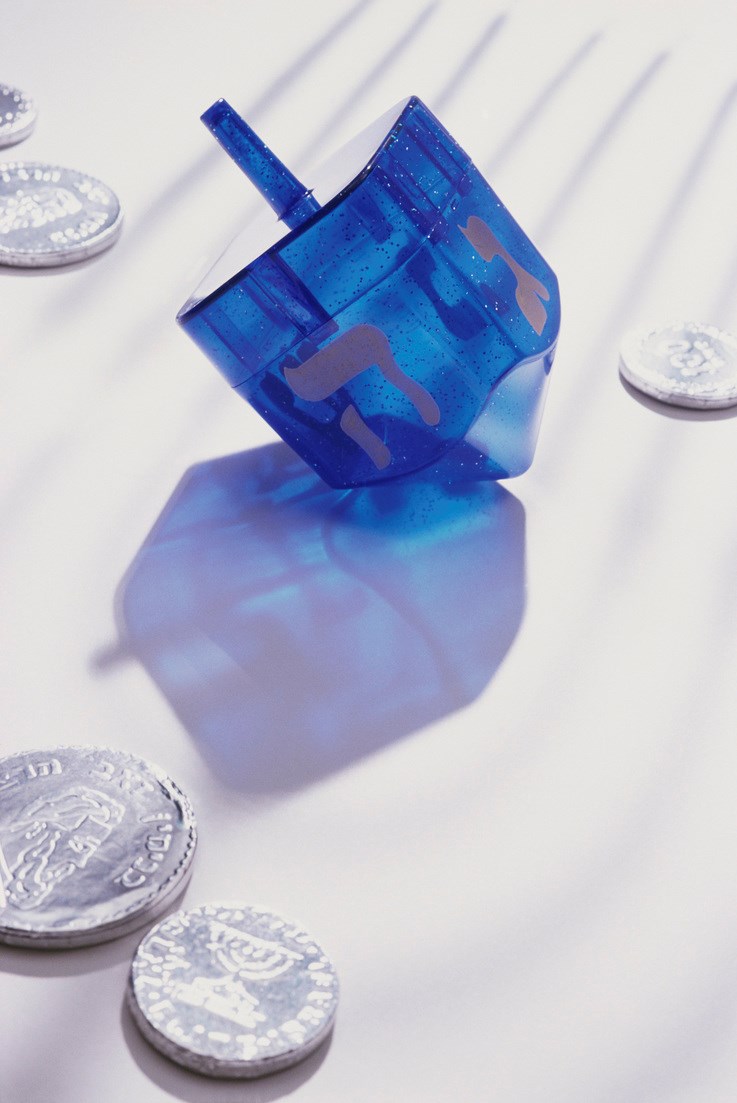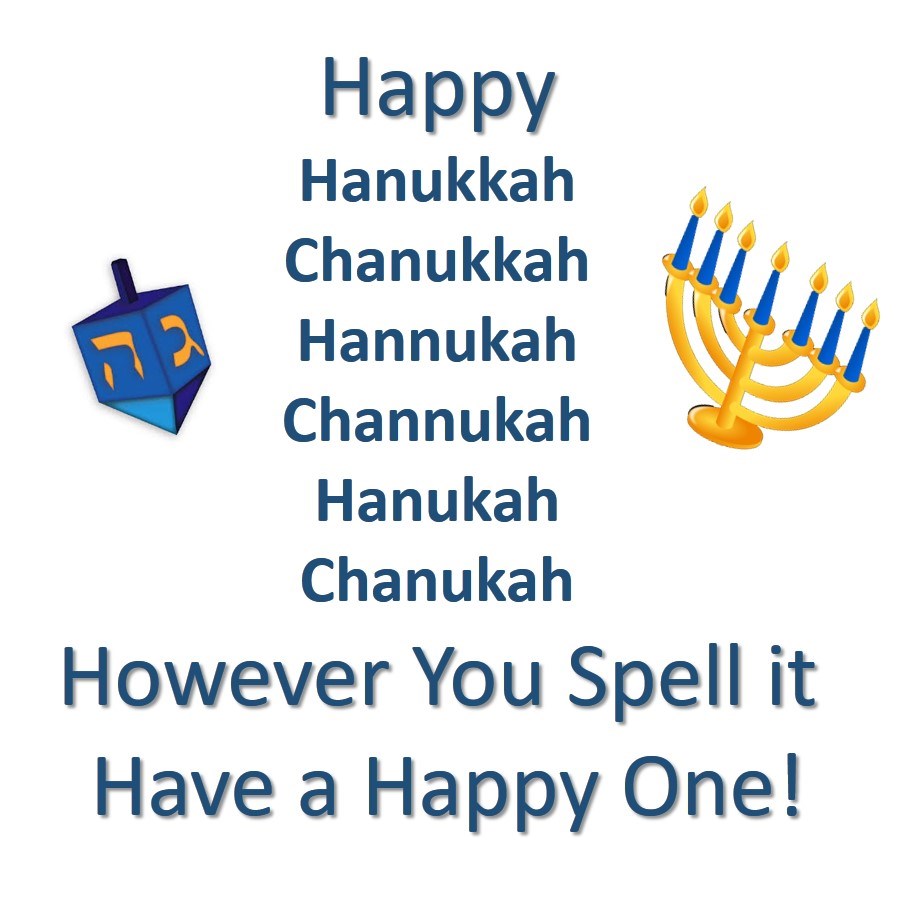 Have you ever watched something on TV that you know your housemates (parents, siblings, spouse, partner) would disapprove of? Did you keep the remote-control handy, just in case you needed to change the channel quickly to a program that wouldn’t get you into trouble?
Have you ever watched something on TV that you know your housemates (parents, siblings, spouse, partner) would disapprove of? Did you keep the remote-control handy, just in case you needed to change the channel quickly to a program that wouldn’t get you into trouble?
Maybe you’ve taken a break at work to play Solitaire on your computer, then quickly switched to a spreadsheet or document when someone walked into your cubicle or office.
Even if you’ve never done either of the above, you probably have had a similar experience at some time in your life—hiding what you are doing for fear of getting in trouble. You may even have done so in fear for your life.
Such was the case, so the tradition goes, for the Jews during the reign of Antiochus IV Epiphanes in the second century BCE. Antiochus passed a series of laws that prohibited the study of Torah and many of the mitzvoth (commandments) related to prayer.
Many brave Jews continued their studies and prayer in secret, meeting in caves, forests and other less-travelled places. But Antiochus’s soldiers were everywhere, and when they approached the places where the Jews were studying or praying, the Jews quickly hid the Torah scrolls and began to play a gambling game with small spinning tops. It was legal to gamble, but illegal to study Torah and to pray to anyone but the king.
Although the Greeks and indeed our own culture condones gambling for money, such is not the case in Judaism. So, although we do play with dreidels on Chanukah, the stakes are usually very low—candies, chocolate coins, plastic chips or matchsticks. We gamble with dreidels to remember those brave men, women and children who kept our heritage alive.
Dreidels have four sides, each marked with a Hebrew letters: Nun, Gimel, Hei and Shin. The practical meanings of these letters are Yiddish and are essentially the rules of the game: Nit (do nothing), Gantz (take it all), Halb (take half) and Shtell (put one in).
But as you may know, in Judaism we seek to bring Heaven down to Earth by fusing the practical with the spiritual; therefore, we have also use these letters for the Hebrew phrase "Nes Gadol Hayah Sham", which means a great miracle happened there. The miracle was the small jar of sanctified oil that the Jews found in the Temple; this oil that lasted for eight days until new oil arrived. (for more on this miracle, see from December 9, 2015)
Note that In Israel, the dreidels have the letters Nun, Gimel, Hei and Pay, which stands for the phrase “Nes Gadol Hayah Poh”, a great miracle happened here.
Along with the dreidel, the most well-recognized symbol for Chanukah is the nine-branched menorah that we light each night. There were times even in sa���ʴ�ý when Jewish families would light their menorahs inside their homes for fear of what their neighbours might do.�� But now we are blessed with an ever-growing acknowledgement of each other’s’ spiritual gifts and an appreciation for coming together to celebrate each other’s holidays.
The mitzvah of Chanukah is to publicly light the menorah for everyone to share in spreading light and pushing back the darkness. It’s really a mitzvah for everyone! This year, I’d love for you to join us in front of the legislature in Victoria on December 28 at 4:00 pm. I’m willing to gamble on you having a great experience sharing our celebrations with us!
 Fiona Prince, MA is a coach, facilitator and teacher who provides fundamental communication and writing skills to help people succeed in their professional and academic lives. She worships at the Chabad Family Shul where she volunteers teaching children and adults how to read Hebrew. Sign-up for weekly communication tips at�� To learn to read Hebrew, contact her at [email protected]. (Morah means teacher and Faiga is her Hebrew name).
Fiona Prince, MA is a coach, facilitator and teacher who provides fundamental communication and writing skills to help people succeed in their professional and academic lives. She worships at the Chabad Family Shul where she volunteers teaching children and adults how to read Hebrew. Sign-up for weekly communication tips at�� To learn to read Hebrew, contact her at [email protected]. (Morah means teacher and Faiga is her Hebrew name).
��
You can read more from our interfaith blog, Spiritually Speaking.
*The photo is a close-up of coins and Hebrew script on a dreidel. Copyright courtesy of @GlowImages
* This article was published in the print edition of the sa���ʴ�ý on Saturday, December 17 2016


